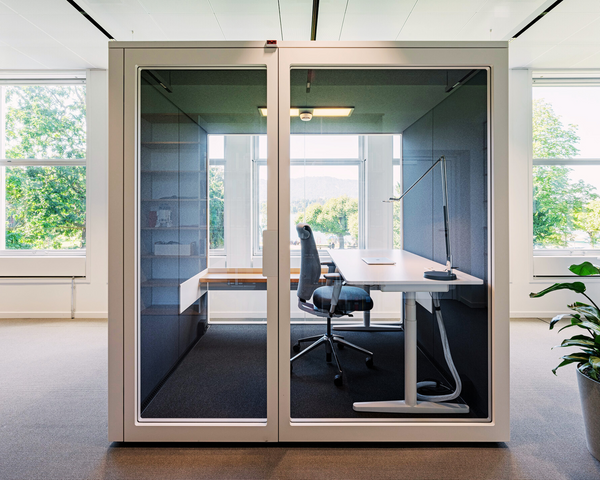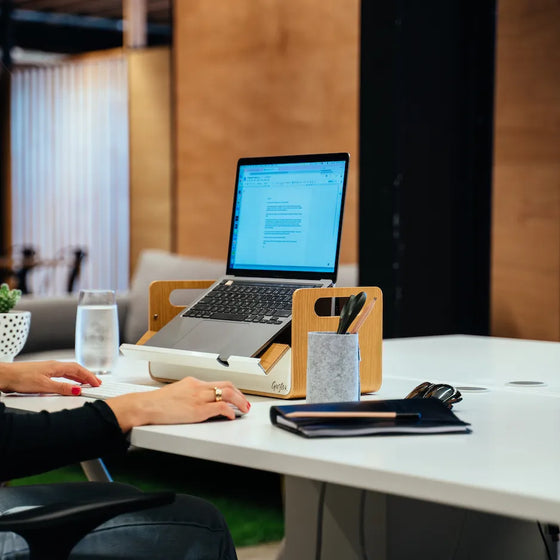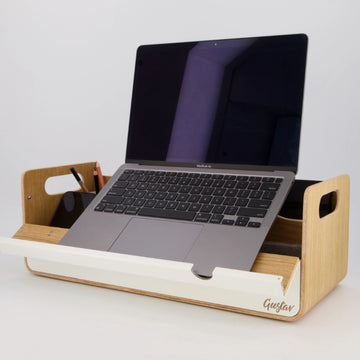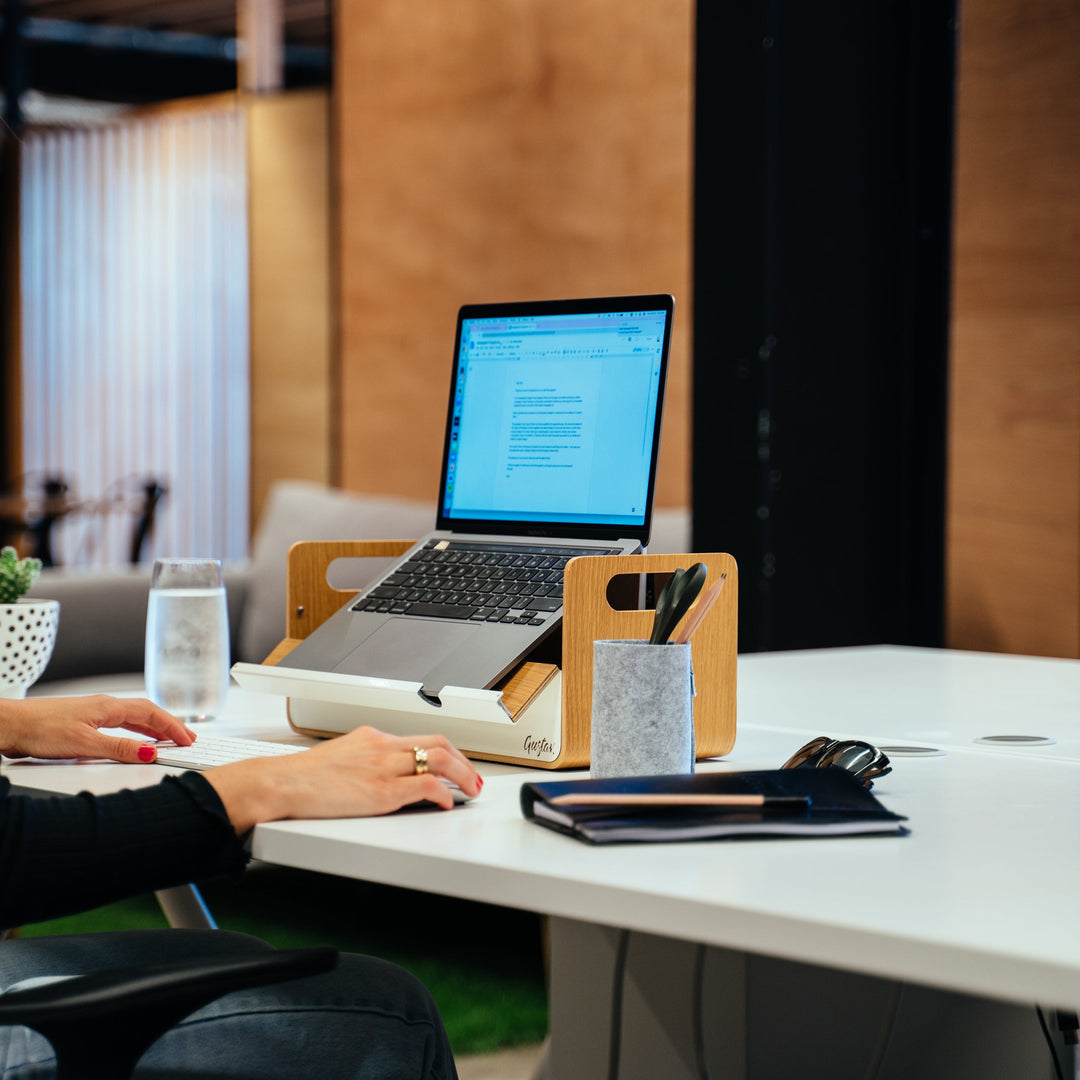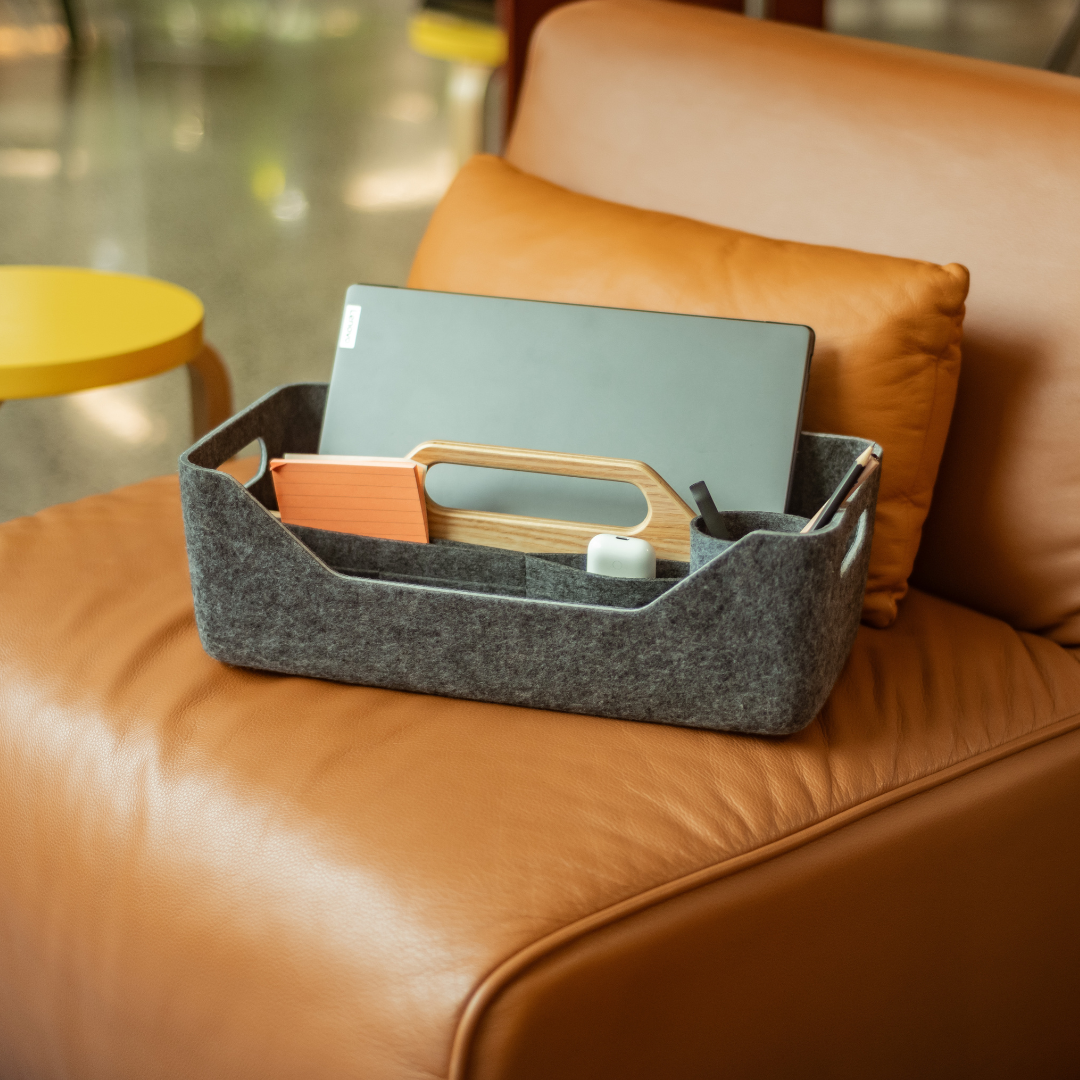Pestalozzi Attorneys' Journey into the New Age of Work

An interview with Mario Imhof from Pestalozzi Attorneys at Law about the introduction of desk sharing.
In an insightful interview with Mario Imhof, COO of Pestalozzi Attorneys at Law, we delve into the extensive transformation of their workplace environment. Pestalozzi, a long-standing and internationally active law firm with about 150 staff across locations in Zurich and Geneva, has embarked on an innovative journey redefining the world of work in the legal sector.
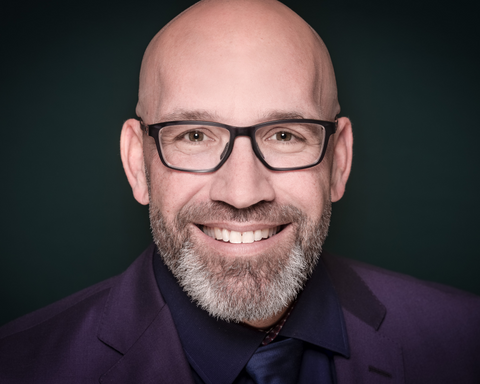
Desk sharing and New Work are rather unusual in the legal industry. Mr. Imhof, could you explain how this decision came about at Pestalozzi?
Pestalozzi has always seen itself as a pioneer, and we recognized the need to modernize our work methods. The starting point for this development was the abolition of personal legal assistant roles in favor of a centralized system. This change allowed us to work more efficiently and flexibly and was a first step towards a modern workplace. With the move to a new location in Zurich and changes brought about by the COVID-19 pandemic, we saw the opportunity to fundamentally rethink our work environment. We wanted to use technological advancements but also strengthen team cohesion. It was about creating an environment that encourages more communication and interaction while integrating technological progress.

What challenges were associated with the introduction of desk sharing and New Work?
The biggest challenge was getting the employees on board with the new model. Many were initially skeptical about giving up their individual offices. Concerns about privacy and concentration had to be addressed. Through transparent communication and active involvement of all employees, we were able to overcome these challenges. We organized regular meetings and discussion rounds to explain the benefits of the new model and to gather feedback.
It was important to us to promote an open and inclusive culture. Ultimately, we managed to create an atmosphere of trust and acceptance where everyone could actively participate in shaping their new work environment.
How have the employees adjusted to the new working conditions?
The introduction of the desk sharing model led to a significant change in our company dynamics. Initially, there were some uncertainties, especially regarding the availability of workspaces. However, these concerns were quickly resolved.
Employees began to appreciate the benefits of increased exchange and enhanced collaboration. The new work environment promoted interaction across different teams and hierarchical levels. This led to a stronger sense of community and a better understanding among colleagues. The flexibility and dynamism of the new model were positively received by the employees and actively integrated into their daily work routines.
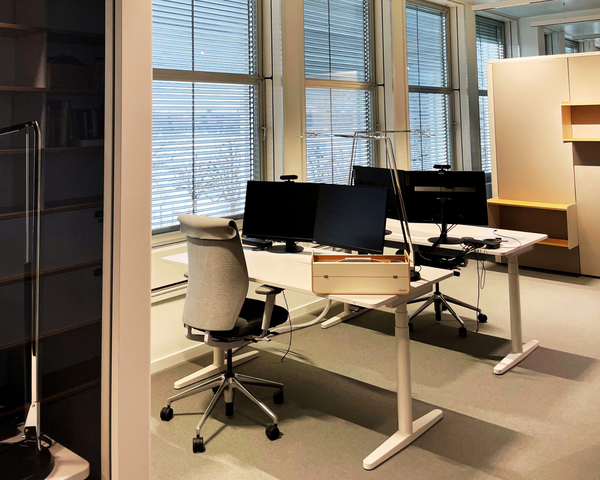
How does Gustav fit into this new work model?
"Gustav was a central component of our new desk sharing model. It's not just about a practical storage system, but a symbol of the flexibility and mobility embedded in our new work philosophy."
We needed an efficient way to transport personal work tools like keyboards and mice. Gustav met this requirement brilliantly. Its lightweight yet sturdy construction makes it easy to switch between different workspaces, thus fostering collaboration and interaction.
Before we decided on Gustav, we tested various alternatives, from simple wooden boxes to technically sophisticated systems. It was important to find a solution that was both functional and aesthetically pleasing.
"Gustav impressed us with its practicality, durability, and design. It perfectly fits our concept of a modern, flexible workplace."
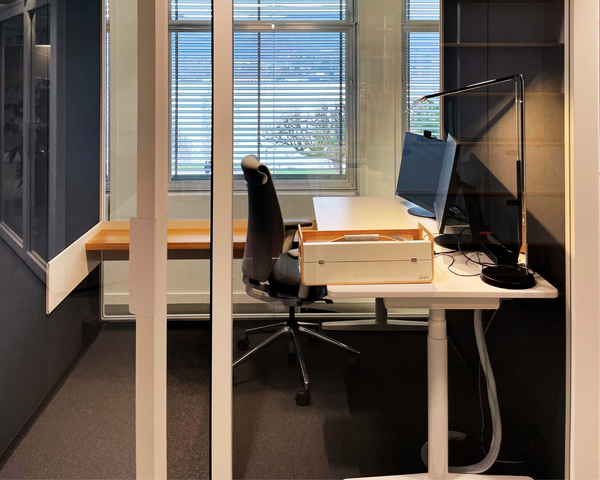
What would you recommend to other companies considering a similar transformation?
For companies considering a similar transformation, my advice would be to be bold and open to new approaches. It is crucial to involve all employees from the start and maintain a continuous dialogue.
"Products like Gustav can play a key role, as they physically represent the new work philosophy. They help not only to communicate the idea of flexibility and collaboration but also to anchor it in daily work life."
Ultimately, it's about shaping an ongoing journey. Commitment, openness, and a long-term perspective are crucial to successfully mastering such a transformation. When these elements come together, transitioning to a new work model can become a highly enriching experience that strengthens the company overall and makes it future-proof.
Mr. Imhof, thank you for this enlightening conversation.
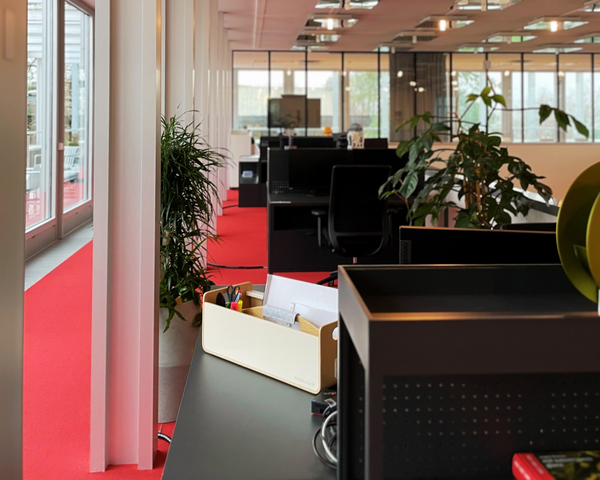
The interview with Mario Imhof vividly shows how Pestalozzi, with courage, foresight, and a clear vision, has paved the way into a new era of work. The introduction of desk sharing and New Work has not only changed the way of working but also significantly transformed the company culture. This process, supported by innovative tools like Gustav, has brought the company closer together, creating a dynamic, interactive, and productive work environment. Pestalozzi thus stands as an exemplary case of how traditional industries can successfully implement modern work concepts.
